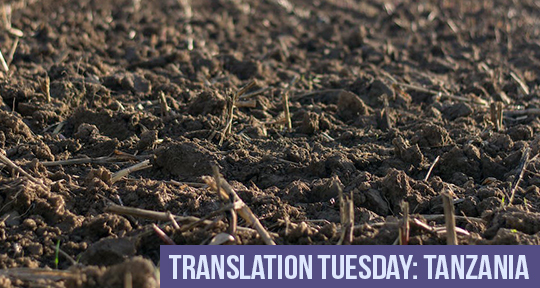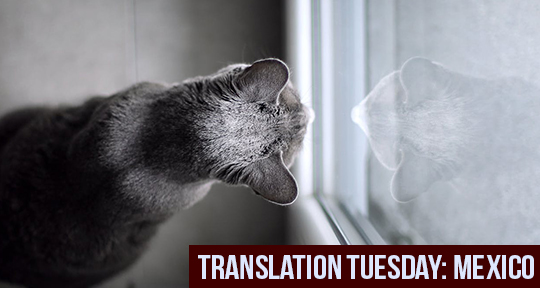If you’ve never felt literature’s somatic effects, perhaps you just haven’t encountered the right book—or been in the right place. In this following essay, Anna Mebel explores the perilous consequences of reading Jon Fosse on a plane, where the Norwegian author’s quieting haunting novella, A Shining, catalyzed a sudden contact with apparitions, anonymity, and death at thirty thousand feet up in the air. Where certain texts e may be escapist channels, others set us ever more firmly in our bodies.
I read Jon Fosse’s A Shining on the plane back to Houston after visiting my parents in Miami, having bought the book at the airport bookstore—a sleek black copy with gold branches on the cover that stood out among thrillers, romance novels, and self-help tomes. Why not a Nobel Prize winner, I thought, and a short book too—the perfect length for a three-hour flight and a better use of my time than a magazine I’d leave crumpled and half-read.
I’ve never been one to fear flying, though I’ve often thought about how an old poetry professor—now dead—had described the shape of the plane as a tomb, comparing the experience of flying to being buried alive. Even with the recent rash of freak aviation accidents (growing more frequent by the day during the Trump administration), I still comforted myself with the logic that the odds of anything catastrophic befalling me were tiny. I boarded my plane listening to ambient harp music, and when I got to my seat, I wedged A Shining into the metal contraption that passes for a seat pocket on a Spirit flight. READ MORE…





